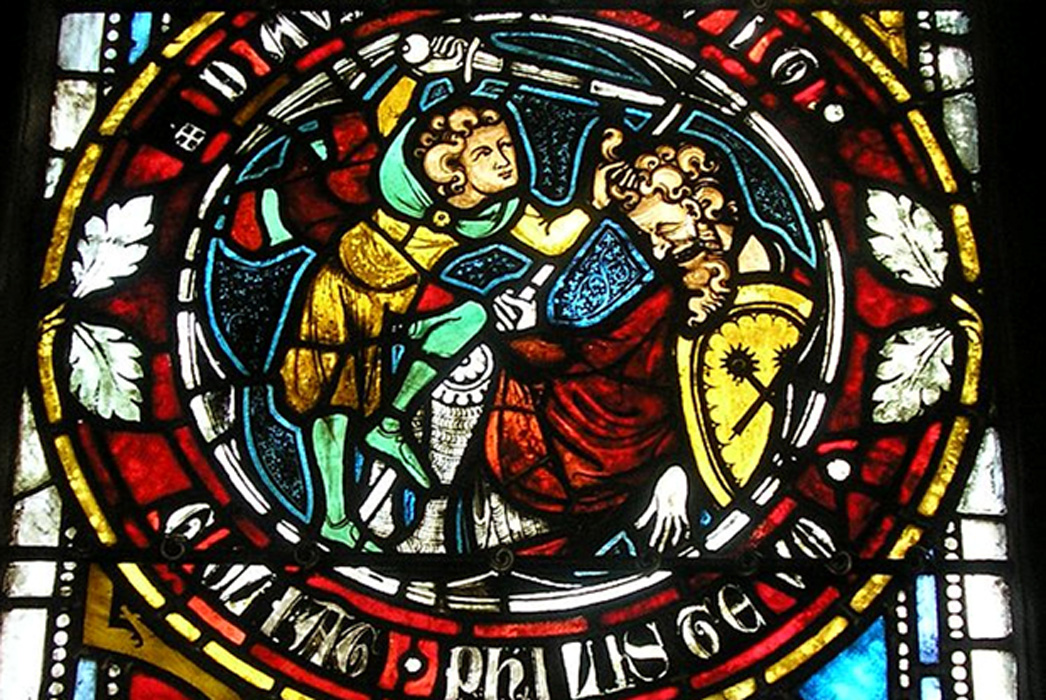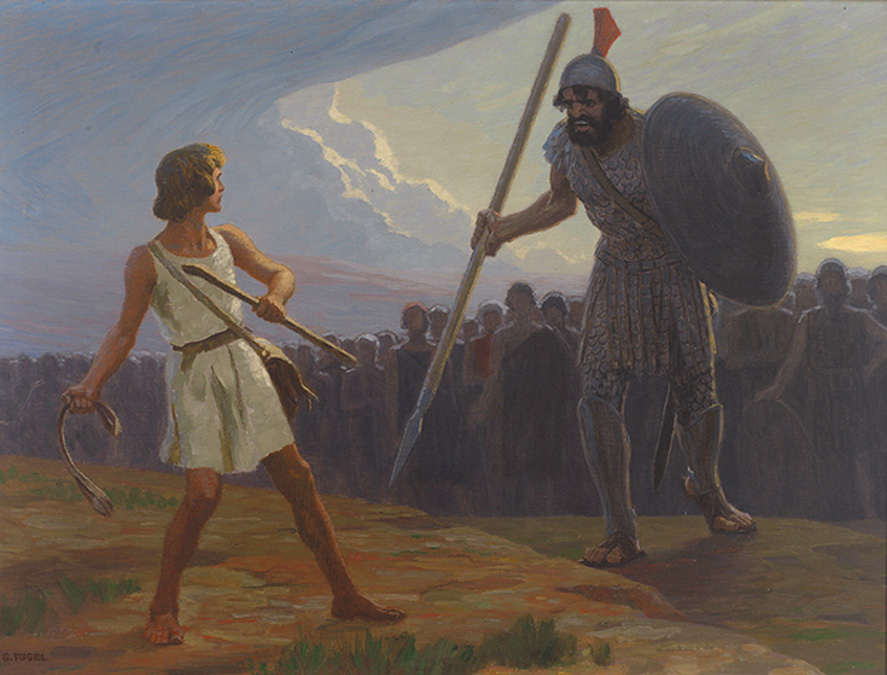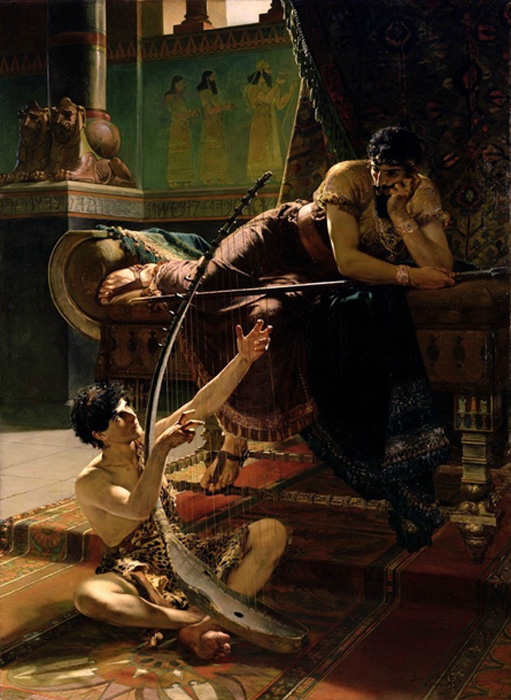
Was David Just an Opportunist in a Rise to Power? Challenging the Story of the Valley of Elah — Part II
The story of David rise to power is very political. The well-known tale of the famous giant-slayer and second king of the Israelites, according to the Hebrew Bible, goes that after an exchange of words, a young David took a stone from his bag, charged towards Goliath, and slung the stone at the giant. “The stone sank into his forehead, and he fell face down on the ground.” David quickly ran to the fallen giant, took the huge sword, and cut off Goliath’s head. He then “took the Philistine’s head and brought it to Jerusalem; he put the Philistine’s weapons in his own tent.”
But this is where the whole story gets murky…
The Unofficial Story
Before proceeding any further, it is important to understand how David rose to prominence. While most accept the traditional story of the Valley of Elah, upon reexamination, many have been reading it the wrong way. In other words, the story is partially backwards.

David fights Goliath by Gebhard Fugel, 19th century (Public Domain)
Many readers believe that Saul and David knew each other before the battle took place, since Saul, overcome with depression, needed soothing. A servant informed him that he had “seen a son of Jesse of Bethlehem who knows how to play the lyre.” As David continued with his daily duties in tending to his father’s sheep, a messenger from Saul’s court arrived and spoke with Jesse. The messenger informed Jesse that Saul was in dire need of a musician, and had received word from one of his attendants that one of his sons could play the lyre. Jesse agreed to go and “took a donkey loaded with bread, a skin of wine and a young goat and sent them with his son David to Saul.”

David and Saul (1885) by Julius Kronberg. (Public Domain)
However, this story belongs later in the Saul-David narrative. The story of the two men should begin in I Samuel 17:32, when David’s gripe about Goliath and the Israelites’ lack of faith, (which David’s older brother slammed him for, besides others), was overheard and reported to Saul. David was brought forth to Saul, to whom David said, “Let no one lose heart on account of this Philistine; your servant will go and fight him.” Saul, considering David’s bravado, looked him up and down and replied, “You are not able to go out against this Philistine and fight him; you are only a young man, and he has been a warrior from his youth.” David quickly responded to Saul, telling him that he has killed many wild beasts to protect himself and his father’s flock. After hearing David’s argument, Saul agreed to let David challenge the Philistine champion. Afterwards, Saul said something interesting:




